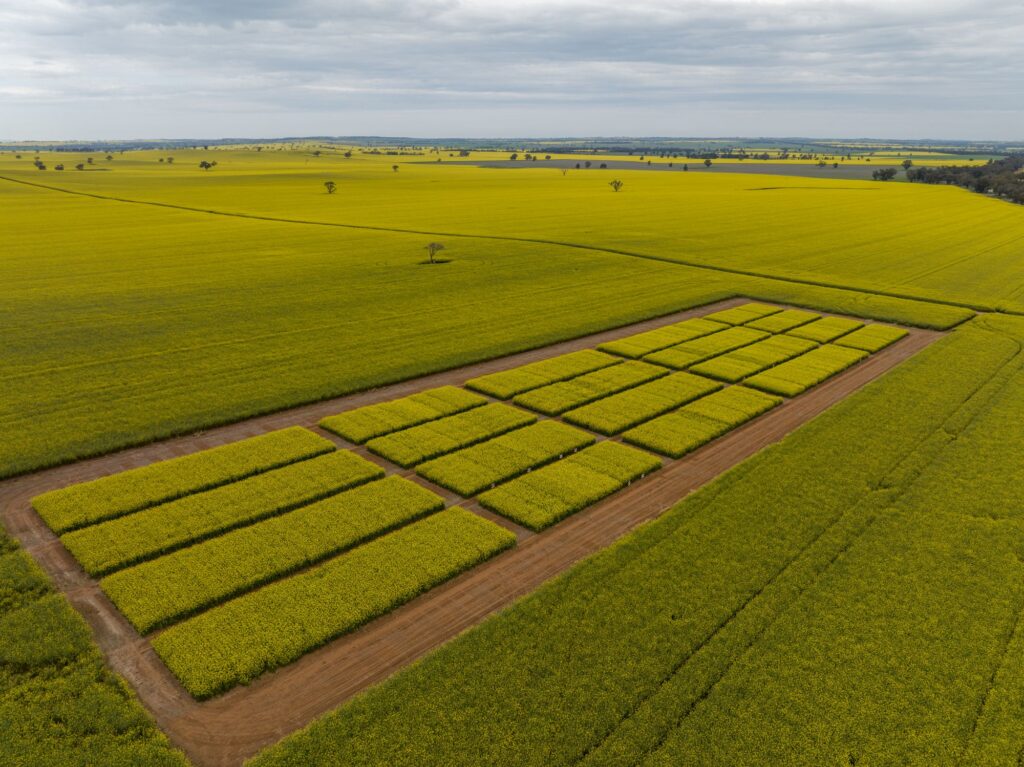
The Challenge
Continued and future access to international markets will depend on producers being able to demonstrate their sustainability credentials.
This is evident in recent moves by the European Union to enforce trade requirements around sustainability reporting.
The Australian agriculture industry has a good story to tell but it must be able back it up with evidence. Failure to do so will constrain our ability to compete in global markets.
The Solution
AgTrace Australia developed the Australian Agriculture Traceability Protocol (AATP). The AATP is an adaptation of the UN Traceability Protocol (UNTP) and is recognised in the registry of official UNTP extensions.
Designed to meet emerging challenges, the AATP:
- Integrates with ESG, trade and regulatory requirements
- Generates new market opportunities
- Drives sustainable practices
- Improves biosecurity
- Encourages and streamlines data sharing Is trusted, secure and accurate
- Informs policy reform


History of AgTrace
In June 2023, the Department of Agriculture, Fisheries and Forestry (DAFF) awarded a $5 million grant to Food Agility CRC to drive industry-led innovation to streamline and modernise Australia’s food data through delivery of a digital ‘AgTrace’ initiative.
AgTrace featured three data-enabled Proof of Concepts (PoC) with demonstrations of live, just-in-time data, for the red meat, horticulture, and grains industries. Each PoC used and adapted existing technologies to meet agreed and existing regulatory standards and were designed to test existing industry capability; the mantra being Industry-led and regulation/assurance ready, ensuring minimal effective regulation is the benchmark.

